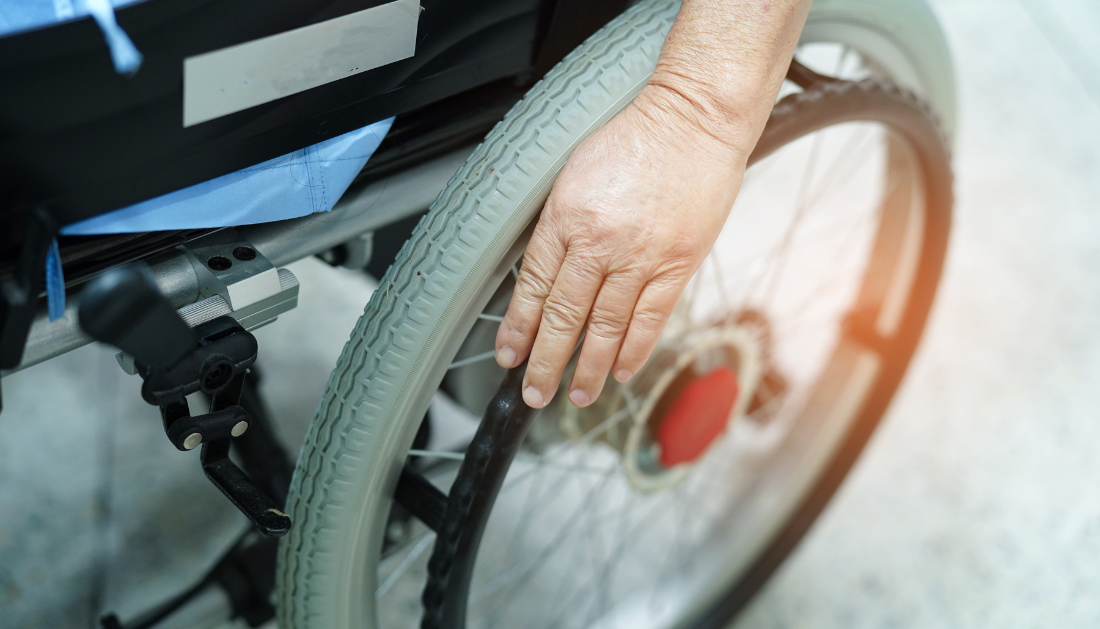

A recent study exposed the lengthy time it takes to diagnose multiple sclerosis (MS) and emphasized the critical need for more funding for MS research and raising public awareness of the condition.
Get the latest insights into Multiple Sclerosis at the upcoming neurology conference in California – Global Neurology Summit 2024
According to MS Australia’s ‘My Diagnosis’ (PDF) report, which was published on World MS Day, it takes an average of almost four years from the start of symptoms to an MS diagnosis.
The Australian MS Longitudinal Study (AMSLS), a survey-based research study started in 2002 that gathers patient-reported outcomes from 2500 MS patients, provides the data used in this paper.
In order to investigate patterns in MS diagnosis over the previous 25 years, the Menzies Institute for Medical Research at the University of Tasmania examined those data.
The average time to diagnosis for multiple sclerosis (MS) has decreased from five years and nearly four months in 1997–2000 to three years and nearly eleven months in 2017–21 since the first disease-modifying treatments (DMT) were introduced in 1996.
Although this decrease in diagnosis durations is encouraging for the general public, many patients still have extremely long wait periods for a diagnosis.
The paper lists three crucial areas that must be addressed in order to shorten the time it takes to diagnose MS:
-increased funding for studies aimed at developing strategies for early MS diagnosis and treatment.
-Improved knowledge and understanding of MS among medical professionals.
-increased awareness of early MS symptoms in the community.
According to Dr. Julia Morahan, Head of Research at MS Australia, individuals who have MS lose a great deal of time if their diagnosis is delayed. This can cause permanent harm and severe psychological suffering.
“In MS, time is brain. We know that the longer it takes to get a diagnosis of MS, the greater the risk of damage occurring and disability accumulating, which can ultimately diminish a person’s quality of life,” Dr Morahan said.
Being able to diagnose and halt MS at an earlier stage accurately has enormous potential to significantly reduce the burden of the disease on people’s quality of life and the economy.
MS is the most prevalent acquired chronic neurological illness affecting young adults, impacting about 33,000 Australians. It is concerning that the number of MS diagnoses has been rising more quickly.
Improved resources, the creation of MS biobanks, and increased funding for MS research could lead to improvements in early detection, according to Associate Professor Vilija Jokubaitis of Monash University’s Department of Neuroscience.
“Greater research investment will support efforts to uncover more accurate biomarkers that are specific to MS. These biomarkers might be in the blood or cerebral spinal fluid or imaging biomarkers that have a very specific signal that can differentiate MS from other neurological conditions,” Associate Professor Jokubaitis said.
Associate Professor Jokubaitis says an improved understanding of MS among healthcare professionals through targeted awareness campaigns would also ensure symptoms are recognized and acted upon earlier. “Given MS affects about one in seven hundred Australians, many GPs are unlikely to see people with MS depending on where they practice. So if a person comes to them with those symptoms, it may not be the first thing they think of if the awareness isn’t there.”
Severe pain, trouble walking, extreme weariness, partial blindness, and cognitive problems are some of the symptoms of multiple sclerosis.
A person with Multiple Sclerosis may experience severe anguish and anxiety if they are unable to identify the cause of their symptoms.
The ‘My Diagnosis’ Report includes a variety of lived experience diagnosis case studies in addition to quantitative data from the AMSLS.
Laura Birchall talked on the effects of waiting for a diagnosis and her initial experiences with MS symptoms.
“Waiting for a diagnosis had an enormous impact on me emotionally, my ability to focus and my ability to work,” Ms Birchall said.
The report’s conclusions were made public on World MS Day, a day that offers a special chance for the entire MS community to gather together to talk about MS diagnosis and look for answers.
The CEO of MS Australia, Rohan Greenland, has urged the public, medical professionals, and government to take note of the report’s conclusions, which he claims call for immediate action to shorten the time it takes to diagnose MS.
“Investing in MS research and building greater awareness among GPs and the general public of the condition will propel us towards a future where MS is detected earlier and a future where its impact is significantly mitigated,” Mr Greenland said.
more recommended stories
 Nanoplastics in Brain Tissue and Neurological Risk
Nanoplastics in Brain Tissue and Neurological RiskKey Takeaways for HCPs Nanoplastics are.
 AI Predicts Chronic GVHD Risk After Stem Cell Transplant
AI Predicts Chronic GVHD Risk After Stem Cell TransplantKey Takeaways A new AI-driven tool,.
 Red Meat Consumption Linked to Higher Diabetes Odds
Red Meat Consumption Linked to Higher Diabetes OddsKey Takeaways Higher intake of total,.
 Pediatric Crohn’s Disease Microbial Signature Identified
Pediatric Crohn’s Disease Microbial Signature IdentifiedKey Points at a Glance NYU.
 Nanovaccine Design Boosts Immune Attack on HPV Tumors
Nanovaccine Design Boosts Immune Attack on HPV TumorsKey Highlights Reconfiguring peptide orientation significantly.
 High-Fat Diets Cause Damage to Metabolic Health
High-Fat Diets Cause Damage to Metabolic HealthKey Points Takeaways High-fat and ketogenic.
 Acute Ischemic Stroke: New Evidence for Neuroprotection
Acute Ischemic Stroke: New Evidence for NeuroprotectionKey Highlights A Phase III clinical.
 Statins Rarely Cause Side Effects, Large Trials Show
Statins Rarely Cause Side Effects, Large Trials ShowKey Points at a Glance Large.
 Anxiety Reduction and Emotional Support on Social Media
Anxiety Reduction and Emotional Support on Social MediaKey Summary Anxiety commonly begins in.
 Liquid Biopsy Measures Epigenetic Instability in Cancer
Liquid Biopsy Measures Epigenetic Instability in CancerKey Takeaways Johns Hopkins researchers developed.

Leave a Comment